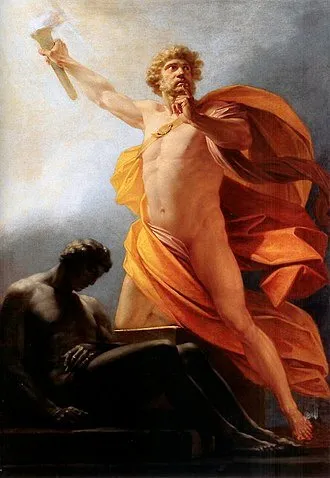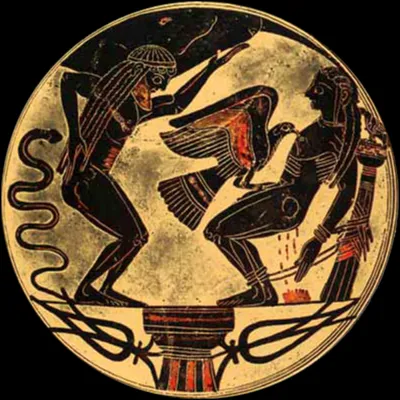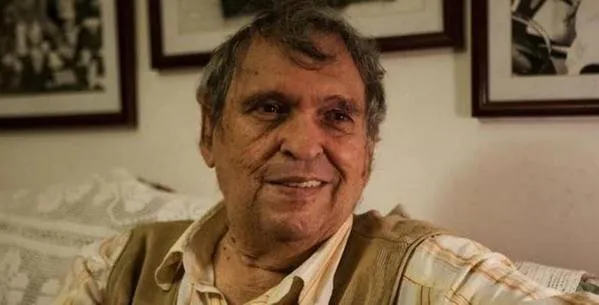
Fear and Courage
Dear readers, I wanted to bring and comment on a quote about the dichotomy expressed in the title of the post, motivated by the restlessness that arises when we face the life we lead in today's world, and particularly in Venezuela, thrown, as we are, into imponderables, situations that can exceed and dislocate us.
"Fears are part of us, they live and grow with us along with the weaknesses, affections, customs and hobbies of which we are made. Courage is nothing more than the ability to know how to live with fears, to accept them without being ashamed of it, and to recover each time that, without being able to avoid it and without glory, defeat is produced."
Claudio Magris. "On Courage".

Claudio Magris (Italy, 1939) is one of the most renowned contemporary essayists, as well as a writer of short stories and theatre, translator and columnist for European newspapers. He is a distinguished university professor of Philosophy and Letters, who has worked in several universities of international prestige. He has been awarded with prizes and recognitions of great relevance, such as the Prince of Asturias Prize in 2004 and the Guadalajara International Book Fair Prize in 2014.
He is the author of a work of great interest, of a profound reflection on themes and works linked to the problems of humanistic tradition, freedom and human identity. In 1998 his Itaca y más allá was published by the Venezuelan publishing house Monte Ávila, a book of essays of a delightful reading, which allowed me a first approach to his work. The quotation I reproduce and comment on is taken from an essay published in the Supplement Literals of the Venezuelan newspaper TalCual in 2012 (included in his book Alfabetos).

I bring this quote from Magris because it allows us to reflect in this time of disproportion, self-sufficiency and overestimation, those behaviors or psychic contents that the Jungian analyst Rafael López-Pedraza grouped under the term "titanism", based on the image of the Greek Titans, primitive gods (prior to the gods of Olympus) for whom there are no laws, no order or limits; they are moved by excess and chaos (this has been dealt with by the study of Karl Kerenyi mythology in his book The gods of the Greeks). The titanic element would be part of the psyche. It would appear associated with what for the ancient Greeks was the most serious fault ("sin" perhaps a Christian would say): the hybris, which would consist of disproportion, the lack of awareness of one's own limit.
López-Pedraza says: "Western civilization is becoming more and more titanic". Hence it is almost against the tide of the generalized consciousness today to recognize the value and assent of fear, fears, weaknesses and limitations. The excessive, triumphalist attitude, which is usually impulsive, harassing and disrespectful of the other, dominates our atmosphere. It is difficult to find attitudes that favour the opposite. One of the most explicit and authentic is the one that the Venezuelan poet Rafael Cadenas has kept in much of his work, particularly reflected in his poem "Fracaso" (from the book False Maneuvers), where we read:

What I have taken for victory is only smoke.
Failure, language of the background, track of another space more demanding, difficult to entreleer is its letter.
(…)
How much I owe you!
(…)
For you I do not know the anguish of playing a role, of keeping myself forcefully on a step, (...) of fighting for hierarchies (...).
You have made me humble, silent and rebellious.
(…)
You only gave me nudity. / True, you taught me harshly (...)
Thanks for pulling me away.
Following Magris, I could say that what the lyrical speaker said -of this central piece of Hispanic American poetry- is the expression of the courage of a consciousness that assumes its reality, its fears, its breakings, its wounds, its risks (its "shadows", using a Jungian notion), but not from superiority, but from the attention and assent of a truth given by life, from the gratitude for the learning and the peace that it offers you.
From the point of view that Magris offers us, there would not be an irreconcilable dichotomy between fear and courage. The assumption of the former, which would imply his recognition, would reveal a disposition of strength and temperance, an expression of the forging of our psyche, of our soul.
Bibliographic references
Cadenas, Rafael (1996). Anthology (3rd ed.). Caracas: Monte Ávila Editores.
López-Pedraza (1987). Ansiedad cultural (Four essays on the psychology of archetypes). Caracas: Psicología Arquetipal S.R.L.
Magris, Claudio (2010). Alphabets. Spain: Editorial Anagrama.
I thank you for your attention, as well as @adsactly for your willingness to publish this post to share it with you.
Authored by @josemalavem
Click on the coin to join our Discord Chat

Witness proposal is here:
Go To Steem Witness Page
In the bottom of the page type: adsactly-witness and press vote.

Use small letters and no "@" sign. Or, click here to vote directly!
Thank you!